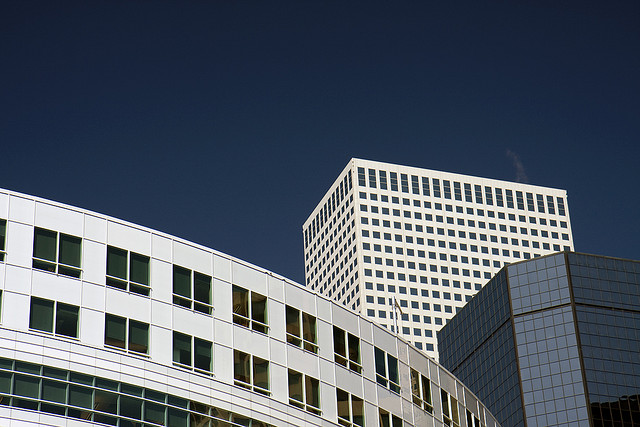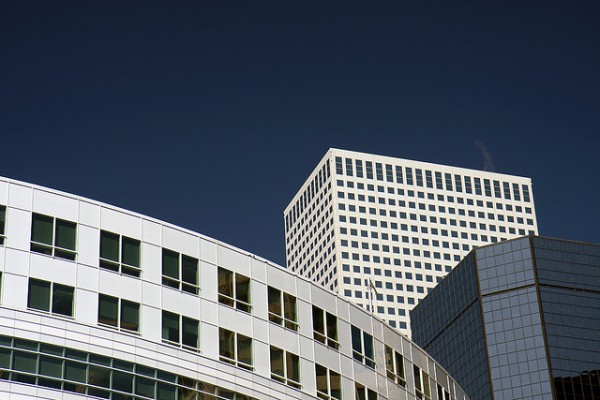

Denver Post editor Greg Moore penned a surprising announcement on the front page of the print edition today: “Every day except Sunday, the front page and the first part of Section A generally will be devoted to our metro report, what we call Denver & the West…The second part of the A section will be focused on national and world news.”
That’s a bit unusual for a major metro paper — relegating national headlines to inside pages. I called Moore (a former Nieman advisory board member) for more details.
We had to make some space reductions. Once we realized we had to make some space reductions, we tried to figure out: What’s the smartest way to do it? Our philosophy has long, long been that we really swing out with our local stuff. That’s the unique, unduplicated content that you can only really get from your local newspaper. We felt like our A section, which had the bulk of our space, was really devoted to something that was a little bit secondary to us. And so we just took the opportunity to use that news hole in a more aggressive way to promote and showcase our local coverage.
(As Denver writer Michael Roberts noted, it looks a bit like the late Rocky Mountain News.)
Newspapers have an ever-growing burden to demonstrate their value to readers. What can I get from The Denver Post that I can’t get (free) from The Huffington Post?
The Post’s national content is typically provided by The Associated Press, The Washington Post, and The New York Times. Often, these are commodity stories, stories that readers can easily find elsewhere on the web — and, in many cases, stories that readers aren’t seeing for the first time in the morning paper.
“You’re trying to really show people that the reporting that you spend the bulk of your time and money on is really unique, can’t be gotten anyplace else,” Moore told me. “We really want to promote the fact that we are spending an inordinate amount of time and effort trying to promote our local communities, and this demonstrates it better than any words can say.”
The newspaper’s shift comes not long after last September’s announcement that MediaNews, the chain of which The Denver Post is a part, would be coming under the management of Digital First Media, the John Paton-led vehicle for Journal Register Co.’s management team. Digital First’s mantra — repeated here at the Nieman Foundation just last week when Jim Brady was in for a visit — is own your community. (And let the other guys handle the rest.)
Moore would not tell me what or how much was cut from the print edition, but he said it’s “pretty substantial.”
So why no change to the Sunday edition? Readers use the paper differently on Sunday, Moore said. They spend more time with it; they expect something more comprehensive. “Sunday is our signature product…It’s the driver for everything: our reputation, our influence, and our revenue,” he said. “I felt like it was not really something I had to mess with.”
Reaction in Denver has been mostly positive, Moore said. “I’ve also gotten some critical emails from people who think that we’re becoming a small-town newspaper and we’re de-emphasizing our national and foreign news — which, of course, neither is true.”
Photo of the Denver Post building by Alfonso Pierantonio used under a Creative Commons license.